‘Dictator’s rule’: Protesters up the ante in Tunisia against new constitutional plan
Tunisian police blocked hundreds of protesters from reaching electoral commission offices on Thursday as they demonstrated against a referendum on a new constitution that will expand President Kais Saied's executive powers.
President Saied has proposed a new constitutional plan, which limits the role of the parliament while increasing the power and authority of the president.
This new structure, which is opposed by most political parties in the north African country, is scheduled to be put to a referendum on July 25.
The protesters, led by Free Constitutional Get together chief Abir Moussi, chanted slogans such as “folks, revolt towards the dictator’s rule” and “shut down fraudulent electoral physique", expressing their opposition to the government's move.
Amid a large security presence, the protesters shouted "No retreat, no fear."
Tunisia's Ennahda has also boycotted in recent days vote on the new constitution. In a statement, the movement said the referendum that Kais Saied approved was not based on dialogue or participation.
"Institutionalism does not exist in the new constitution and this law destroys the republican government based on the principle of separation of powers," it said.
The movement went on to warn about attempts to attack the judicial system in Tunisia.
"Tunisia is witnessing an unprecedented average inflation rate and the coup plotting institution is unable to manage the country's situation," the statement further noted.
The country has been gripped by a political crisis since Prime Minister Hichem Mechichi was dismissed and the parliament was suspended by the president for 30 days in July 2021.
The Tunisian president said at the time that his decision was meant to “save Tunisia, the state, and the Tunisian people,” in the midst of growing public anger and protests against the government’s handling of the COVID-19 pandemic.
His opponents slammed the move as a “coup,” while rights groups have warned that the country could be sliding back into autocracy.
Saied has also rendered the country’s constitution ineffective in an apparent move to preempt any challenge to his decrees.
While his opponents accuse him of a coup against the democratic achievements of the 2011 uprising that led to the ousting of Tunisian President Zine El Abidine Ben Ali, he claims that his actions are legal and meant to save Tunisia from a long-term political crisis.
The economic and social crisis in Tunisia has become worse as a result of the political crisis.
The decline of all Tunisian economic indicators in the shadow of the continuing political crisis shows that the country is on the verge of economic bankruptcy.
Iran embassy rejects 'fabricated' French reports on domestic affairs
Trump’s military buildup against Iran on Netanyahu’s behalf is a gambit doomed to fail
Iran dismisses US 'big lies' on nuclear, missile programs
CIA‑founded NGO admits deploying Starlink satellites for Iran riots
VIDEO | French comedian targeted by Rothschild and Epstein for his shows on Palestine
Iranian commanders warn US not to mistake it for other nations
Daesh leaders reemerge in Raqqah amid growing instability in Syria
Iran rejects UN resolution on Ukraine for lack of support for lasting peace


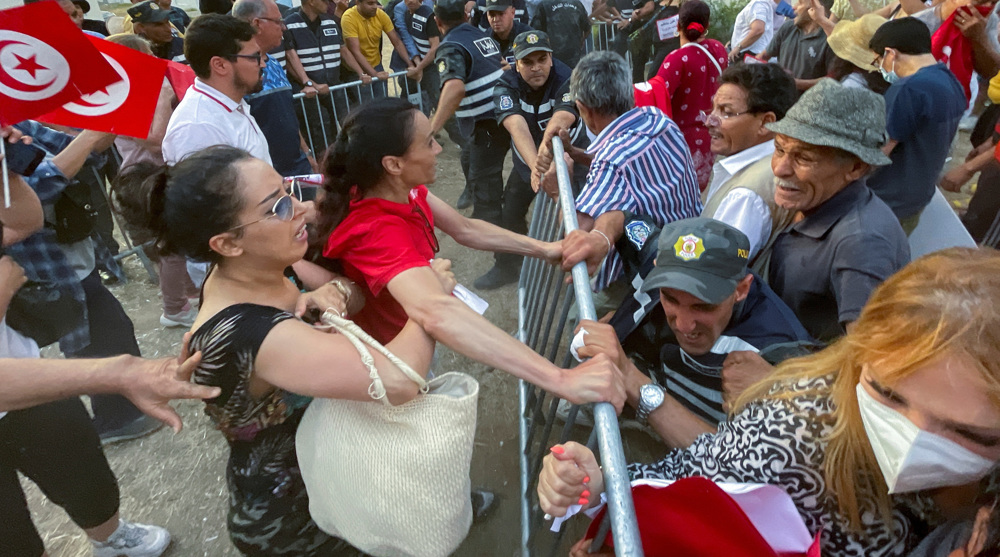
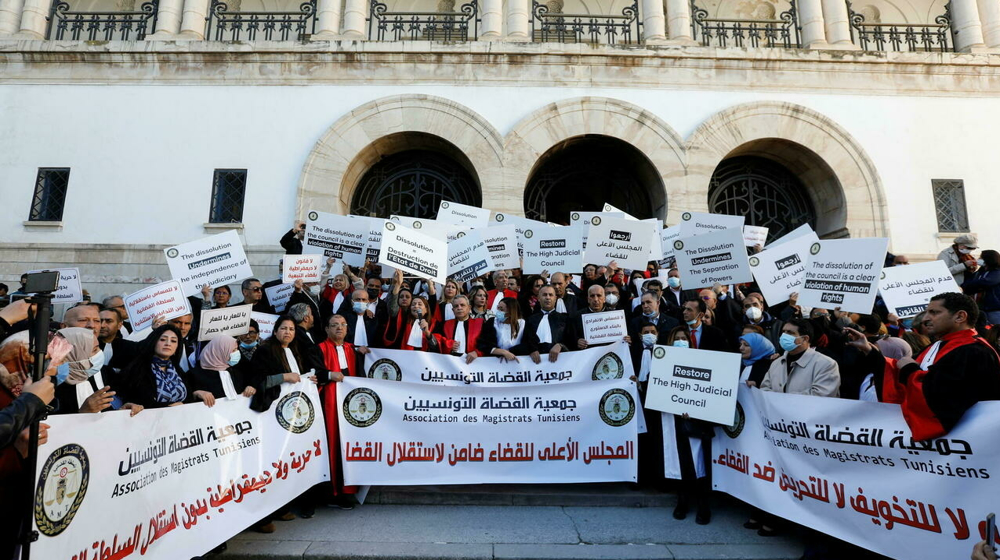
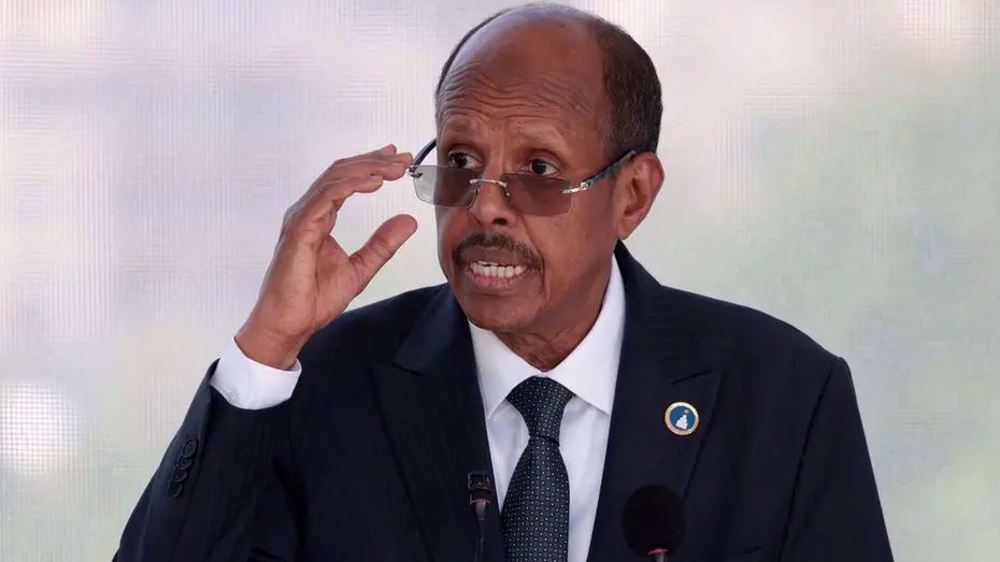





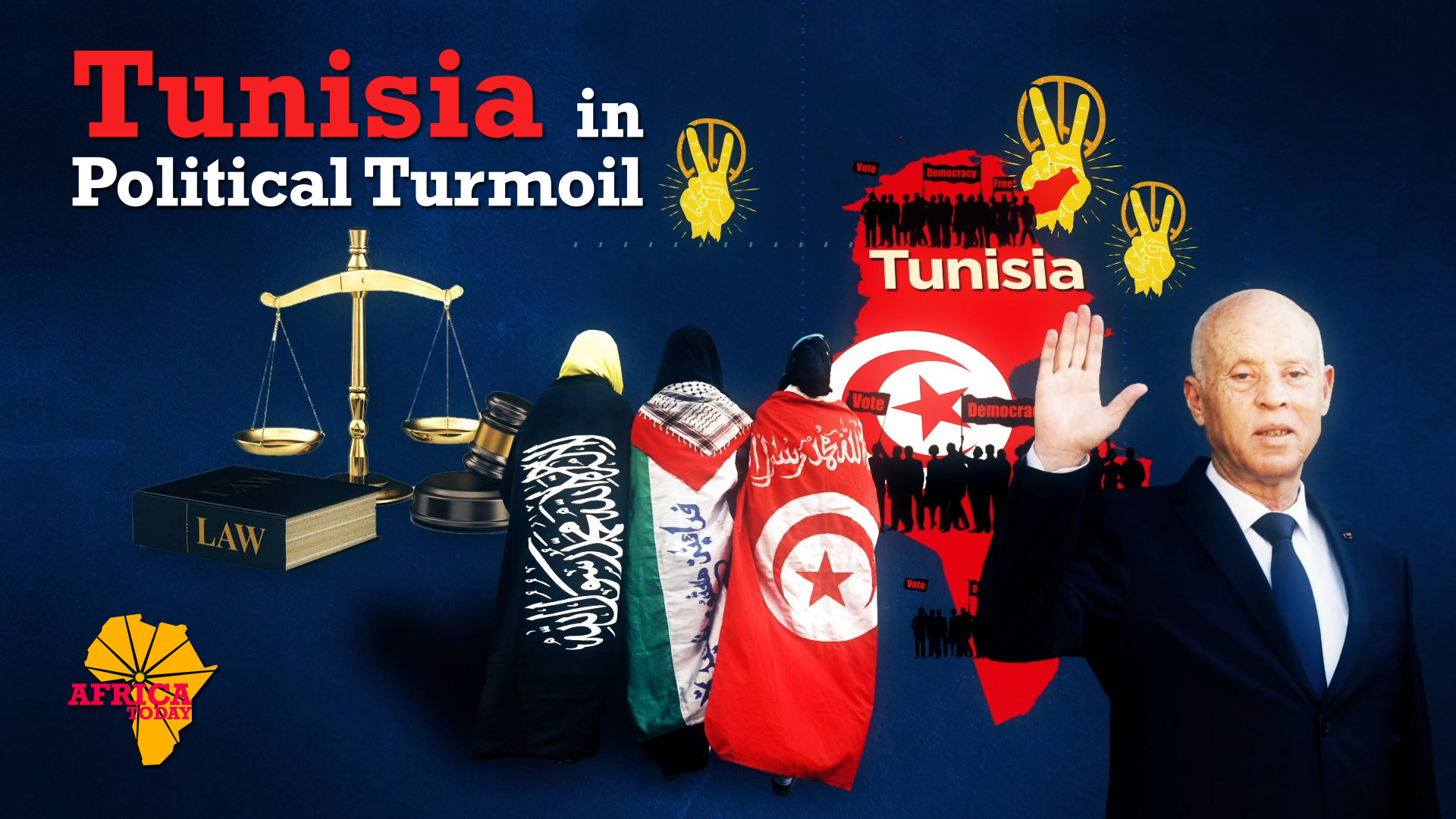
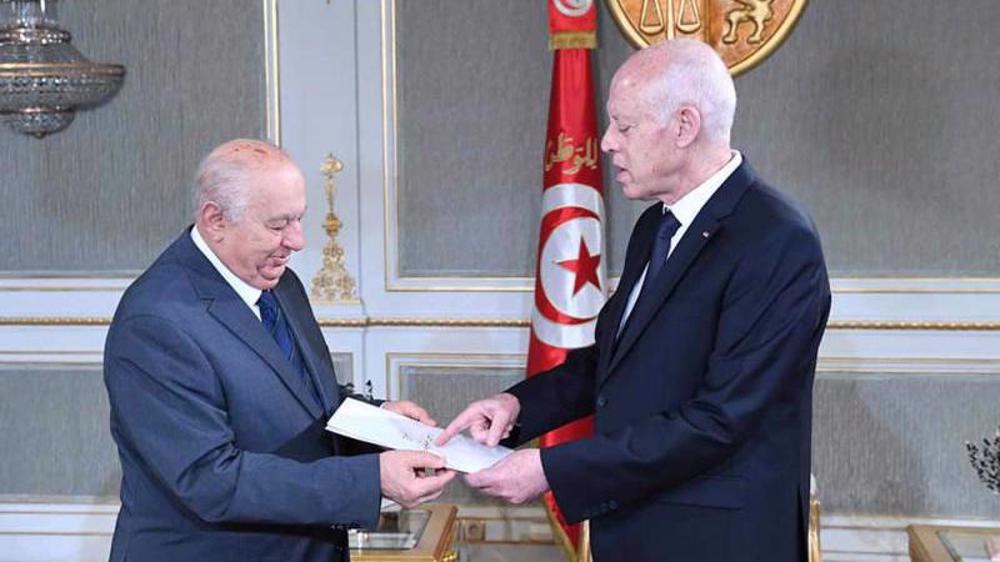
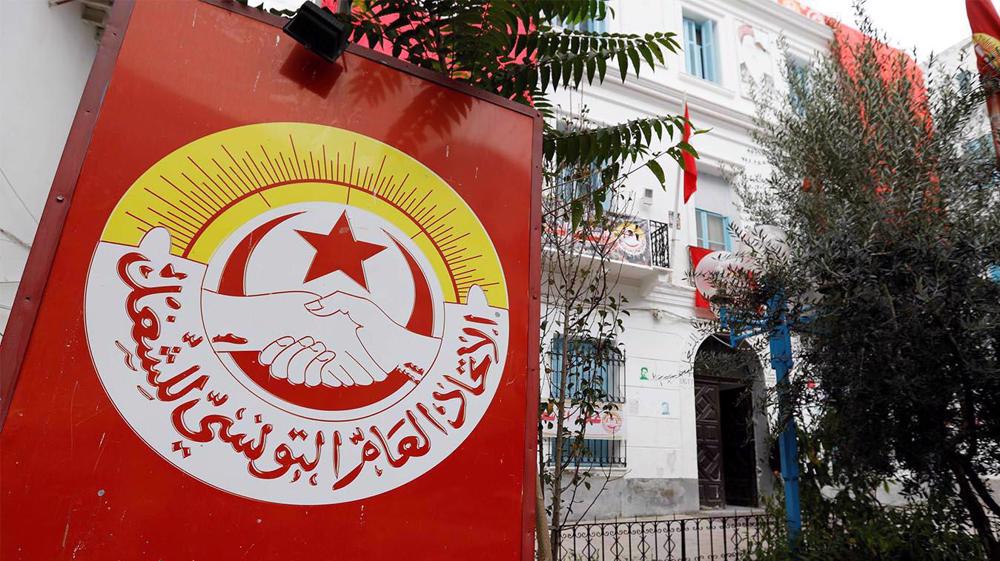
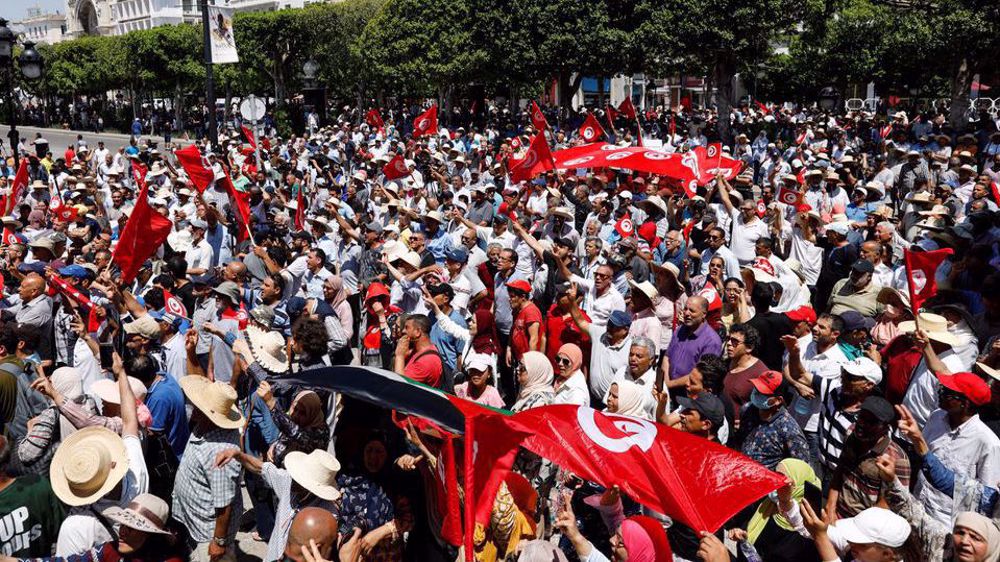
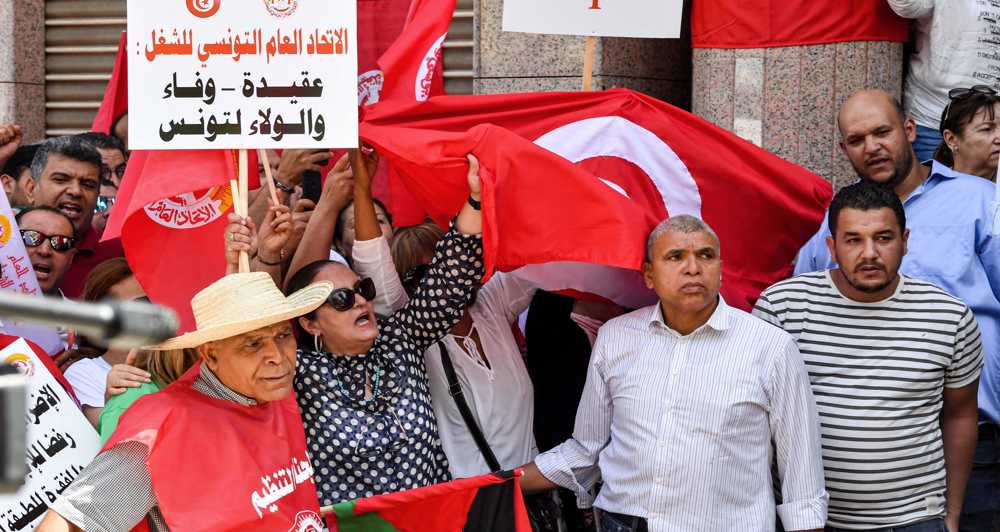

 This makes it easy to access the Press TV website
This makes it easy to access the Press TV website